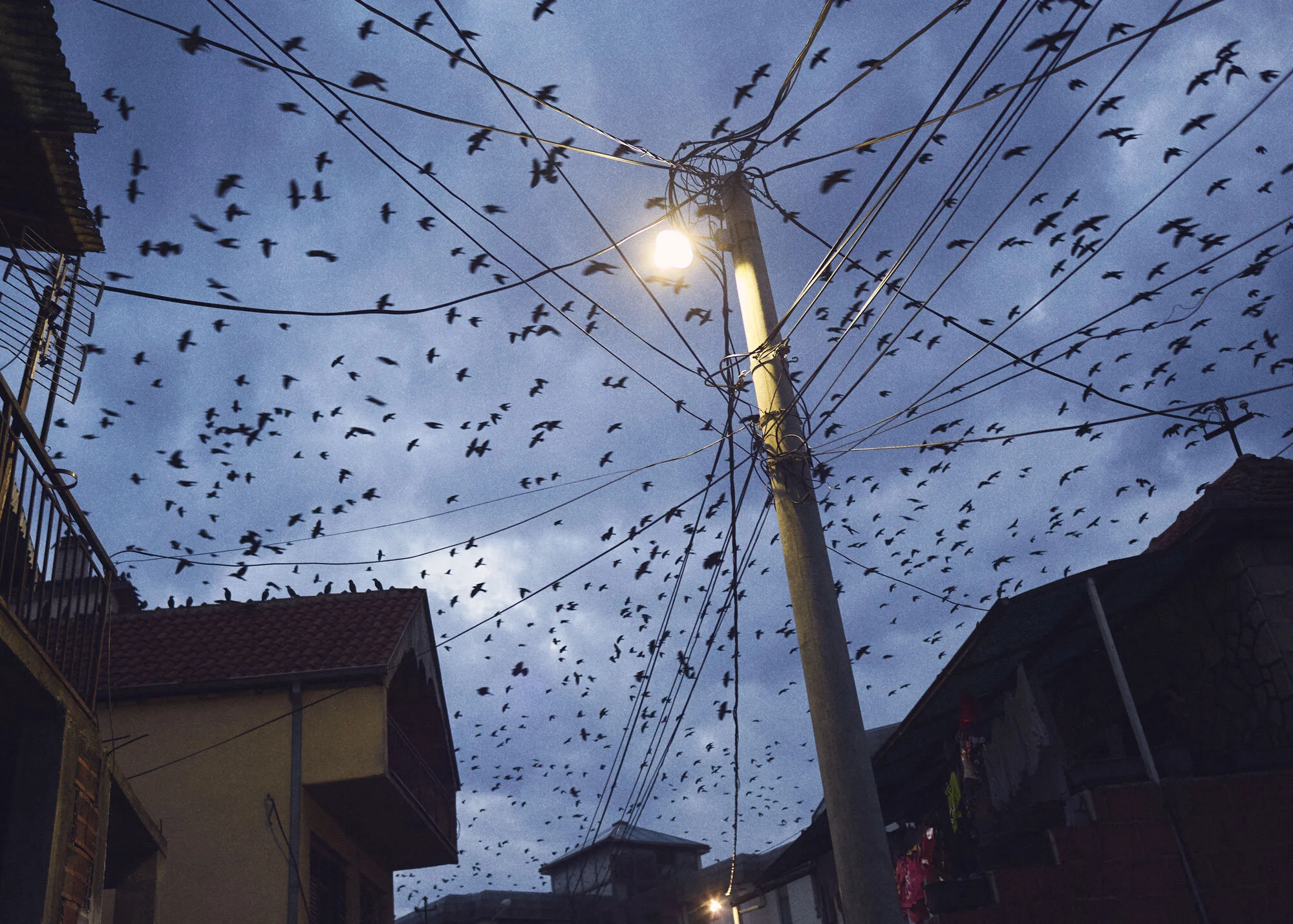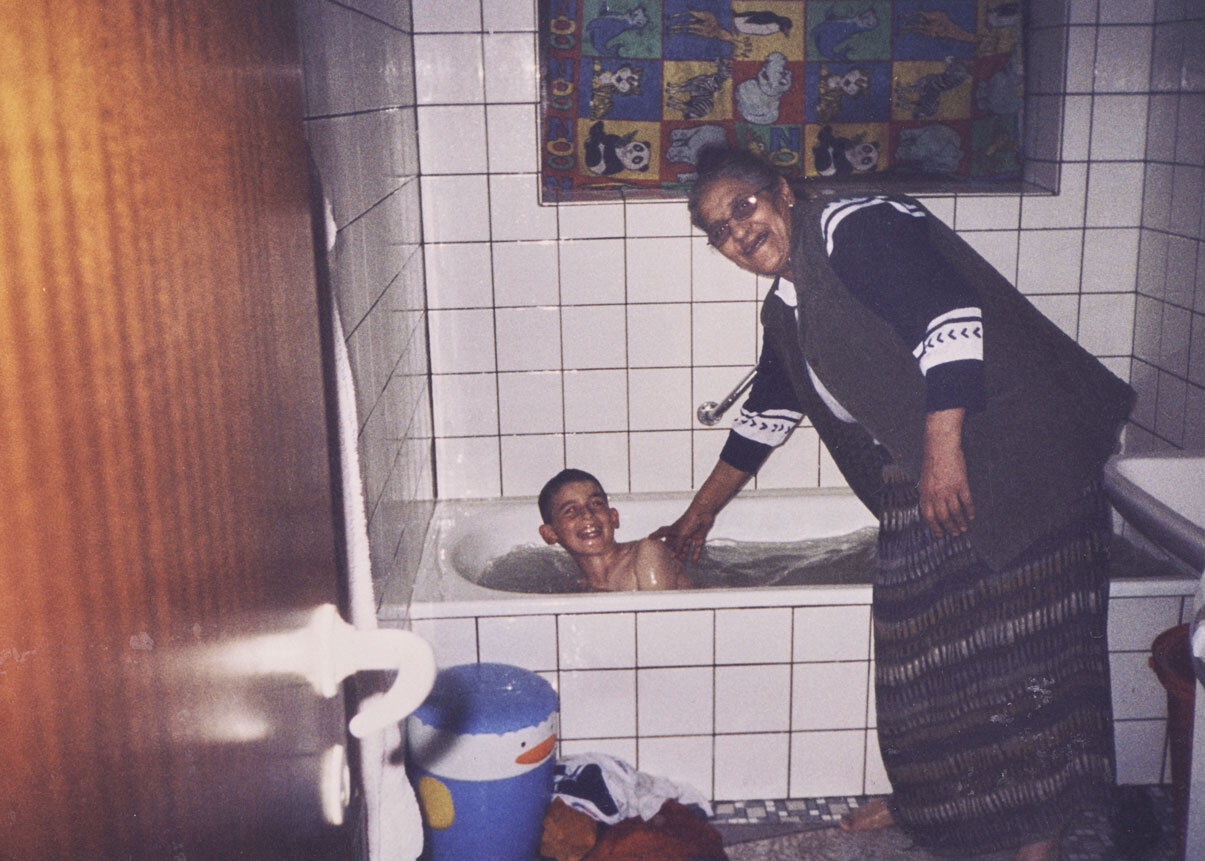A Place They Call Home
The Danish Government's treatment of asylum seekers is often a highly debated topic among politicians, the media and the Danish population. Changes in the law, concerning forced evictions of mentally ill asylum seekers to their home country creates an uncertain future for many of the asylum seekers. One of them is Remzi Baftijari.
Remzi was 16 years old when he was deported from Denmark to Kosovo. He suffered from depression and hallucinations and was deported despite his case of Humanitarian Residence Permit in Denmark still ongoing at the time. The Ministry of Justice's reasoning was that Remzi could get his medication in Kosovo, witch later turned out to be false information.
Remzi’s mother abandoned him shortly after his birth, and no one has seen her since. Remzi’s father fled to Denmark with the rest of the family, but later left the boy in favour of a marriage with another woman in Sweden.
Remzi has always had his grandparents by his side. Throughout his childhood, they played the role of his parents. After his grandmother’s death in 2010, Remzi began to show symptoms of his mental illness.
Pharmacies and doctors in Kosovo state that Remzi’s medication, Abilify, wasn’t available anywhere in the country. Remzi stopped his medical treatment from one day to another, without any monitoring from a psychiatrist or doctor. In Kosovo he was without his medication for more than a year.
Remzis grandfather was also deported to Kosovo. Together they lived in the family owned home in the town of Gjilan, about one hour drive from the capital, Pristina.
Remzi came to Denmark in 1999, at the age of two. Throughout his life in Denmark Remzi stayed in seven different detention centers.
After publication of this story along with heavy pressure from the media, the Danish government decided to get Remzi and his grandfather back to Denmark. They now both live in Fredericia.
Published by Politiken























